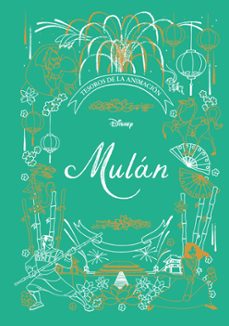📗 Libro en inglés AGAINST THE GRAIN
YALE UNIVERSITY PRESS- 9780300240214
Sinopsis de AGAINST THE GRAIN
An Economist Best History Book 2017 History as it should be written Barry Cunliffe Guardian Scott hits the nail squarely on the head by exposing the staggering price our ancestors paid for civilization and political order Walter Scheidel Financial Times Why did humans abandon hunting and gathering for sedentary communities dependent on livestock and cereal grains and governed by precursors of today s states Most people believe that plant and animal domestication allowed humans finally to settle down and form agricultural villages towns and states which made possible civilization law public order and a presumably secure way of living But archaeological and historical evidence challenges this narrative The first agrarian states says James C Scott were born of accumulations of domestications first fire then plants livestock subjects of the state captives and finally women in the patriarchal family all of which can be viewed as a way of gaining control over reproduction Scott explores why we avoided sedentism and plow agriculture the advantages of mobile subsistence the unforeseeable disease epidemics arising from crowding plants animals and grain and why all early states are based on millets and cereal grains and unfree labor He a
Ficha técnica
Editorial: Yale University Press
ISBN: 9780300240214
Idioma: Inglés
Número de páginas: 336
Tiempo de lectura:
6h 55m
Encuadernación: Tapa blanda
Fecha de lanzamiento: 11/09/2018
Año de edición: 2018
Especificaciones del producto
Escrito por James C. Scott
James C. Scott (1936) Politólogo y antropólogo estadounidense especializado en política comparada, es Sterling Professor de Ciencia Política en la Universidad de Yale y director en dicha universidad del Programa de Estudios Agrarios. En el campo comparativo ha estudiado las sociedades agrarias y preestatales, una dedicación que ha combinado con su interés por las políticas subalternas y el anarquismo. Su trabajo de campo etnográfico se ha ido depositando sucesivamente en libros como «Weapons of the Weak» (1985), fruto de su estancia en una aldea de Malasia. La indagación sobre los modos de resistencia a la dominación en poblaciones rurales ha tenido continuación en posteriores trabajos como «Seeing Like a State» (1998) y «The Art of Not Being Governed» (2009).
Descubre más sobre James C. Scott Recibe novedades de James C. Scott directamente en tu email
Opiniones sobre AGAINST THE GRAIN
¡Sólo por opinar entras en el sorteo mensual de tres tarjetas regalo valoradas en 20€*!





































